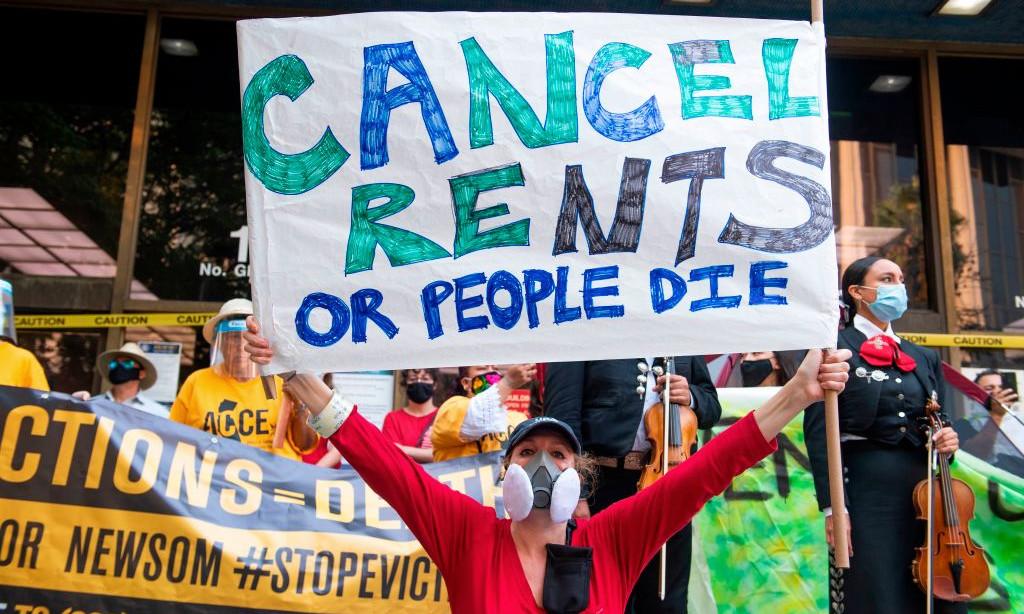The Biden administration has extended the nation’s eviction moratorium for another three months, to shield those who struggle to pay rent from being removed from their home.
Dr. Rochelle Walensky, director of the Centers for Disease Control and Prevention (CDC), signed the extension on March 29. The moratorium, which was to expire on March 31, was extended through June 30.





